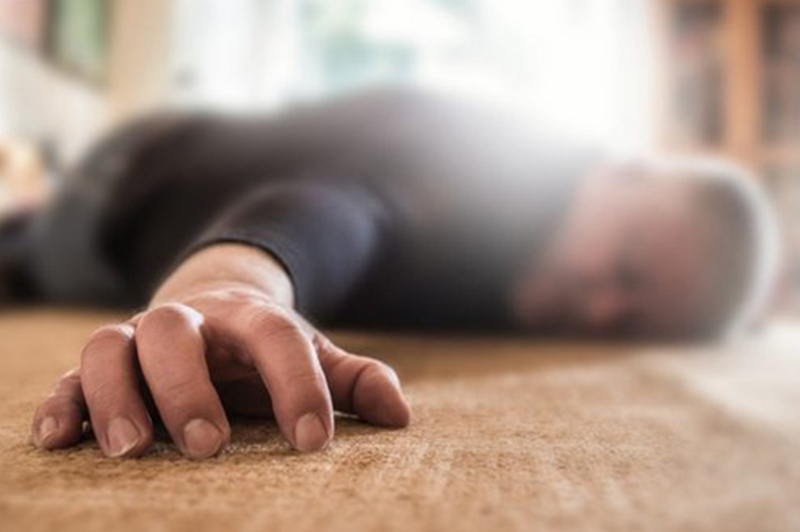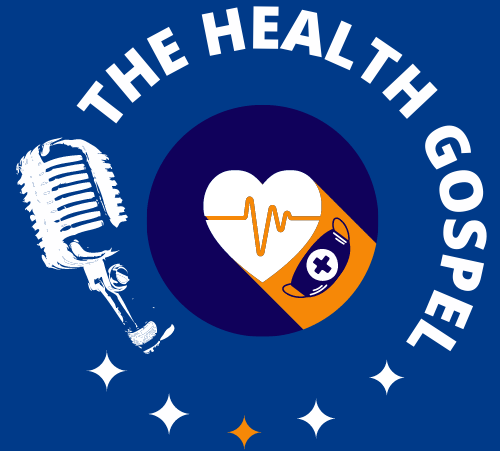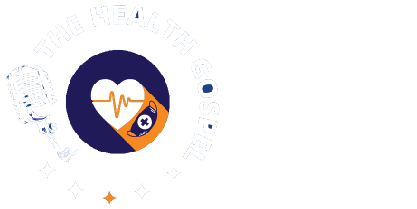
COLLAPSED! Series 2
In the last post, we explored some of the reasons an individual may collapse. The emphasis was on conditions that reduce the volume of blood and fluid in the body’s circulation.
This article will focus on alterations in the normal blood constituents and the accumulation of toxic substances as a cause of the collapse.
Your blood is a liquid within which important body needs are diluted. Blood circulation through your arteries and veins is a means of sending nutrients, oxygen, glucose, and other solutes while also taking away toxins and waste products from the body.
Since your blood gets to all parts of the body including your brain. Healthy blood contents keep you conscious and alert. A buildup of normal substances can become toxic to the body.
Let’s explore some of these conditions.
Hypoglycemia
When your blood glucose level becomes low, it is called hypoglycemia. Taking insulin or diabetes medications without eating food can cause hypoglycemia.
Doing strenuous exercise or physical activity which is out of proportion with what you usually do while on diabetes medications may also cause hypoglycemia.
You can prevent this by either reducing the dose of your medications or increasing your calories intake if you are going to be involved in a prolonged strenuous physical activity.
Most people would have symptoms before fainting. The autonomic nervous response is responsible for the symptoms of hypoglycemia. This response may be disrupted by a nerve problem or medications used to treat other diseases such as hypertension. Hence, some who have nerve problems may not experience any symptoms.
Symptoms of hypoglycemia before a collapse are
- Hunger
- Excessive sweating
- Shaking of the body (tremors)
- Dizziness
- Body weakness
Treatment of hypoglycemia
You can prevent fainting from hypoglycemia by taking high glucose-containing drinks or food. This should be taken as soon as you note the symptoms. It is unsafe to give an unconscious person anything by mouth because there’s a high risk of choking.
If the person is unconscious, giving intravenous glucose-containing fluid is the treatment of choice.
Hyperglycemia
High blood glucose in circulation can also cause a collapse. Accumulation of excess glucose in the blood can make the brain swell and cause loss of consciousness.
Treatment of hyperglycemia
Intravenous fluids and insulin are the treatment of choice in those with collapse resulting from hyperglycemia.
Carbon monoxide Poisoning
A buildup of carbon monoxide in the blood is toxic to your body cells. This can occur due to prolonged exposure to smoke from exhaust pipes, stove fumes, smoke, and fire accidents. Inhalation of smoke from a generating set may also cause carbon monoxide Poisoning.
Treatment of carbon monoxide poisoning
The first is to safely take the individual away from the scene. Administration of oxygen is the treatment of choice.
Uraemia
Your kidneys help to get rid of the toxic substance -urea, and creatinine – which are by-products of the breakdown of food ingested. An individual who has kidney disease is unable to get rid of these and they build up in the body. When this happens, the person can collapse.
Treatment of uraemia
This can be treated by rehydration with intravenous fluid and or dialysis. The choice of the most appropriate treatment is at your doctor’s discretion.
Drug intoxication
An individual may collapse from intoxication with drugs of abuse or illicit drugs. Alcohol, marijuana, amphetamine, heroin, codeine, tramadol, cocaine, etc. are illicit drugs that when abused, can result in fainting.
Treatment of drug intoxication
The treatment of intoxication is by identification and removal of the drug if possible, or neutralizing the effects using an antidote.
Electrolyte imbalance
There are certain elements in your blood that should be maintained within a range. Examples of body electrolytes are sodium, potassium, magnesium, chloride, etc. When these elements (electrolytes) go above or below the normal ranges, an imbalance ensues. If this is not corrected soon, the individual may collapse.
Treatment of electrolyte imbalance
Low electrolytes can be replaced with intravenous fluids or oral medications. High electrolytes may be reduced also with intravenous fluids, oral medications, and restriction of intake of drinks or food containing the electrolyte(s).
Infections
Certain infectious agents in the body can produce toxins that may cause a collapse. Brain infections or infections of the blood can directly cause loss of consciousness. Symptoms of infections include
- Increase in body temperature (Fever)
- Headache
- Neck stiffness
- Nausea
- Vomiting
- Body weakness
Treatment of infections
Infections are treated with antimicrobial agents- antibiotics, antivirals, or antifungals- as the case may be. Laboratory tests can help differentiate between these.
High blood ammonia
Ammonia is a toxic substance produced in your body and eliminated by the liver. Diseases of the liver can lead to ammonia accumulation. High blood ammonia levels or hyperammonaemia is a cause of loss of consciousness.
Treatment of high blood ammonia
This can be treated by treating the cause of liver disease and consumption of less ammonia-producing foods.
The majority of the time, you may not be able to accurately guess the cause of a collapse. The best bet is to get the person to a hospital immediately. At the hospital, blood can be drawn for laboratory tests and resuscitation commenced immediately.







